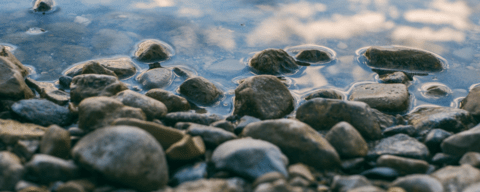Blair Feltmate shares basement flooding prevention tips
In light of heavy rain forecasted in the upcoming days, Water Institute member and Head of the Intact Centre on Climate Adaptation, Blair Feltmate shared residential basement flood prevention tips with Kitchener Today.







